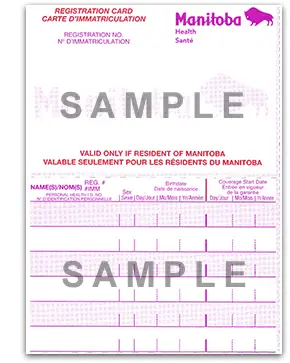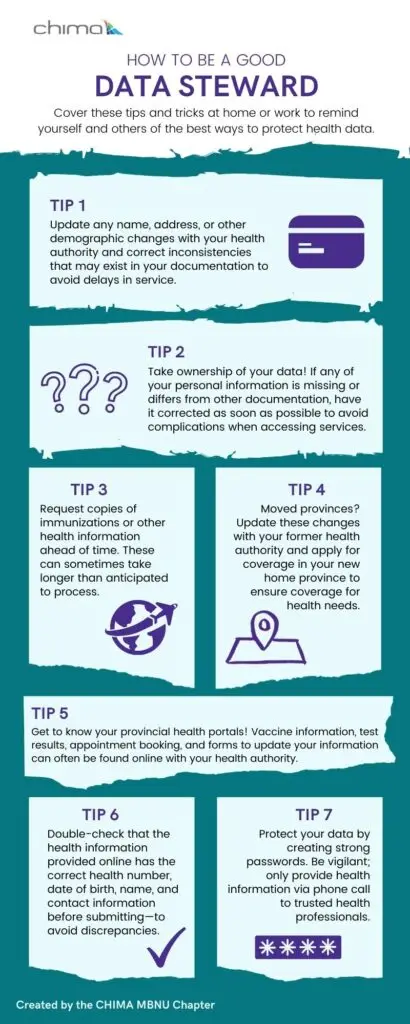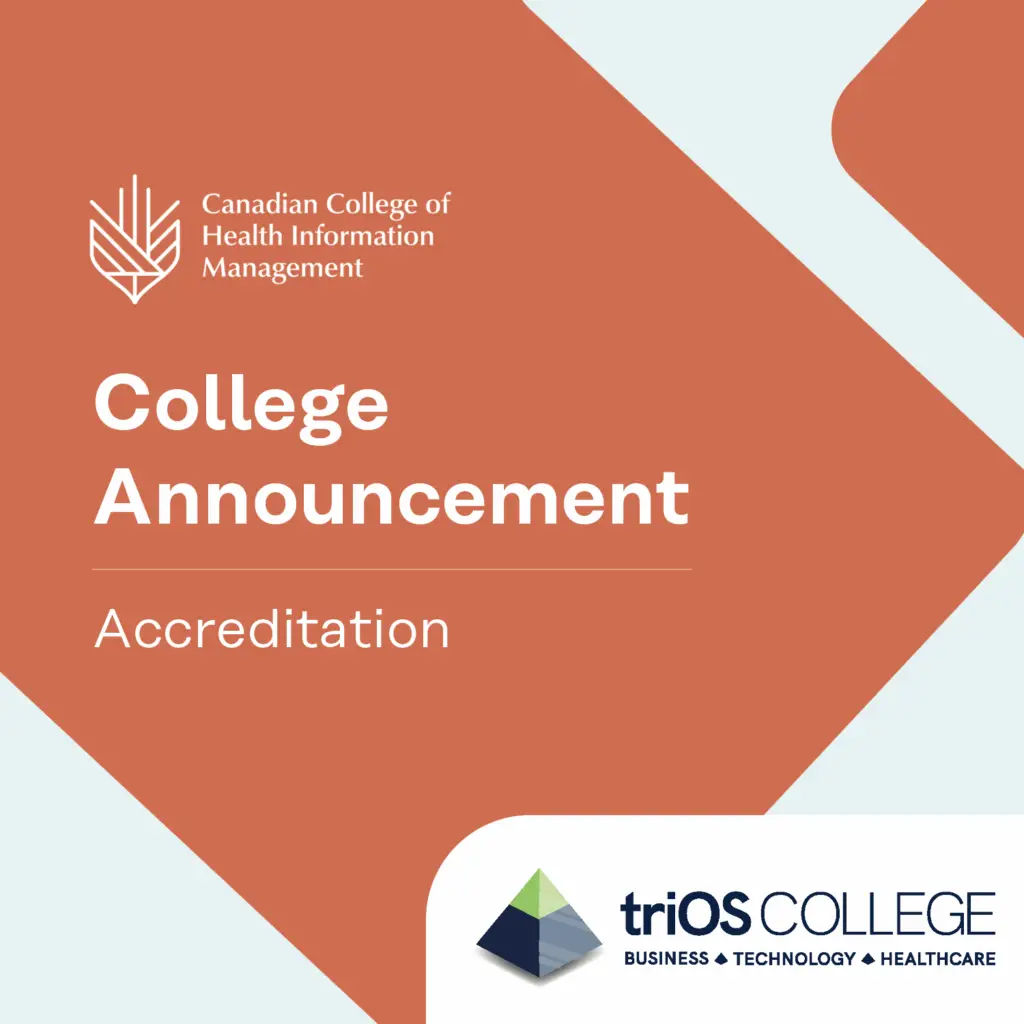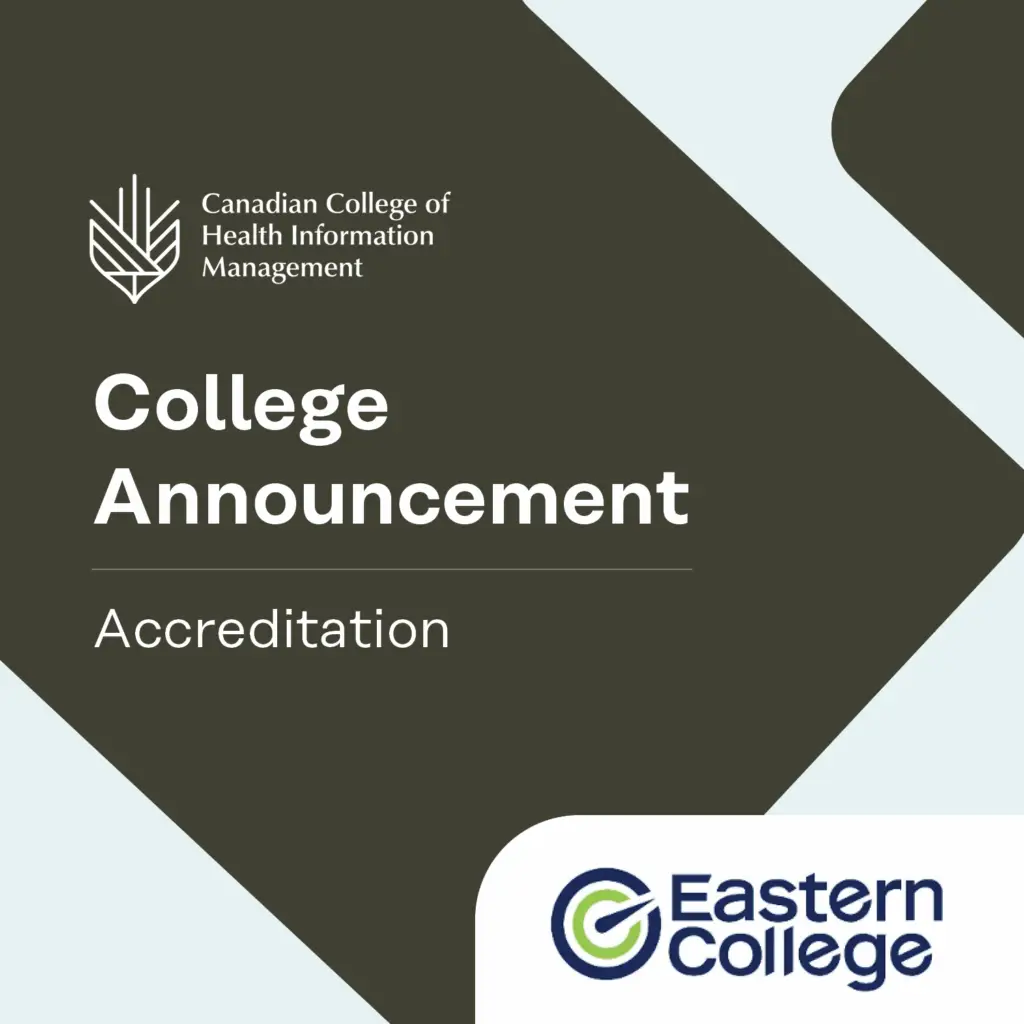By Laura Krawec, CHIM, MBNU chapter
To help the world combat COVID-19, new health services are available to Manitobans and nationwide. Canadians can now access services online and communicate exclusively with service providers who previously relied on in-person interactions. The success of these services begins with you and the quality of your health information. In this context, being a data steward for yourself, your family, and your extended network means being aware of personal health data integrity and the security factors at play and providing guidance so that everyone can successfully access and manage critical information.
Do you have health coverage?
Canadians may assume they always have health coverage, but different factors can impact it. In Manitoba, your registration is affected by any change in location or family status. These types of changes need to be reported to local insured benefits branches to ensure continued coverage.
The interprovincial agreement on eligibility and portability ensures the original province/territory covers people for up to three months. Visit your provincial ministry of health’s website for instructions on registering for that province’s health card if you are moving. You should otherwise be covered by reciprocal billing agreements at the host province or territory rates (See the Canada Health Act for more information).
Temporary workers, international students, and other non-Canadian citizens should familiarize themselves with their local ministry of health’s website for coverage information while they are in that province. See the Government of Canada website for a full listing of the provincial links.
Do you have your health card, and is it up to date?
Your health card should be kept securely but accessible, so you can use it when needed. If you don’t have your health card when registering for online services or presenting for services, there is an increased chance of experiencing issues and possibly repeating the process. While other forms of identification may be accepted, using your health card reduces the risk of delays to service.
Examine the information on your health card, especially if it has been a while since you looked at it. Has anything changed that you need to report to your local branch, like a name or address? Is any of the information wrong or incomplete? While you may have not previously experienced any negative outcomes from this, an increasing number of Canadians are learning how incorrect or discrepant demographic information can contribute to service delays, leading to adverse outcomes and experiences.
Are you having trouble reading elements on the card? Manitoba uses a paper card which can become increasingly difficult to read if fading occurs or folding impacts the integrity of the printing. Guessing your numbers may lead to frustration. Likewise, if you have your numbers written down on a scrap of paper, are you sure it was accurately transcribed?

In Manitoba, turning 18 triggers a change in family status. A new health card is issued to the adult with a new family registration number. If you have turned 18, are a Manitoba resident, and are still using a card with your parent or guardians’ names, you should contact your provincial ministry of health to request a new card with your new family registration number.
Something else to consider is whether your health card reflects your name on other pieces of government-issued ID, such as your passport and driver’s license. With the introduction of vaccine passports, discrepancies can increase the potential of encountering problems during travel.
Are you familiar with the data elements on your health card?
In Manitoba, family health cards list the head of the family on the front. If you share a card with your family, can you identify your health numbers and those of each of your family members? When providing demographics, it’s crucial to provide the corresponding values for each family member. In Manitoba, residents are given two separate health card numbers. It is important to differentiate when to use the 9-digit personal health information number (PHIN) and the 6-digit family registration number.
Registration failed—what next?
If you registered for access to test results, vaccination records and/or vaccination passports but were not successful, here are a few questions to consider before reaching out or while waiting for their support:
- Did you really enter everything correctly?
- Double and triple-checking values entered is a critical step to increasing successful registrations.
- Tip: Read the values out loud one by one as you enter them!
- Ensure you entered the correct value for the demographic in question.
- Ensure you are entering your information, not mixing demographics among family members.
- Double and triple-checking values entered is a critical step to increasing successful registrations.
- Do you have the correct information?
- Double-check that your health card is for the province you reside in and reflects your current demographics.
- If you are an adult using your parent or guardians’ card, you may be using outdated information.
- Have you already created an account for that service?
- There are many service accounts clients may be registering for at this time. Keeping a record of your accounts, usernames, and passwords and what the account services provide securely will go a long way to help manage your accounts.
Even though you may have registered successfully, do your accounts reflect your current and correct information? Some of your demographics are dynamic and require ongoing management. Your contact information (e.g., email and mobile number) is more important than ever. These services rely on the correct and current information to contact clients in response to service requests and even notify them of results. Ensure you will have access to the phone and email you are providing and that it is the best way to contact you.
If you are managing accounts for another individual because you are authorized to do so, you should familiarize or refresh your knowledge of the province’s Personal Health Information Act.
Do you know your systems?
In Manitoba, several systems are in place to provide COVID-19 services to access results, vaccination records, and vaccination passports. They are highlighted below:
- The COVID-19 Online Result and Immunization Display from Manitoba’s Shared Health, to access test results and proof of vaccination.
- Access this service’s help.
- If unable to access your test result online, contact the COVID Line at Health Links-Info Santé at 204-788-8200 or toll-free at 1-888-315-9257.
- The immunization card service or vaccination passport from the Government of Manitoba. Manitobans can apply for the pan-Canadian proof of vaccination credential (PVC) through this system.
- To access this service’s help, contact Manitoba Health and Seniors Care at immunizationcardsupoort@gov.mb.ca.
- Or call 1-844-626-8222 to request a copy of the immunization record if unable to do so online.
- Public Health Offices through which Manitobans can access their full immunization records.
- Immunization Record Request to request a copy of a COVID immunization record or make any updates (including updating that you received vaccination from outside the jurisdiction).
- Manitoba Vaccination Services online appointment booking system. For assistance booking an appointment, call 1-844-626-8222
- Trusted COVID-19 resources:
Are you being safe?
Knowing your systems is very important to identify valid communications and cybersecurity threats. Threats targeting health care providers in North America have been on the rise, and the public’s vigilance is more important than ever. Familiarize yourself with best practices for password creation, management, and use. Do not open or click links or attachments if you suspect the email could be malicious. If you are being asked personal questions, it should be because you have reached out to a trusted service provider, and you should only be asked the minimum amount of information needed to perform that service.
While this pandemic keeps taking its toll, we can all do our part to increase the quality of service and experiences we, our family, and our friends receive by focusing on the fundamentals we know to be tested and true.




